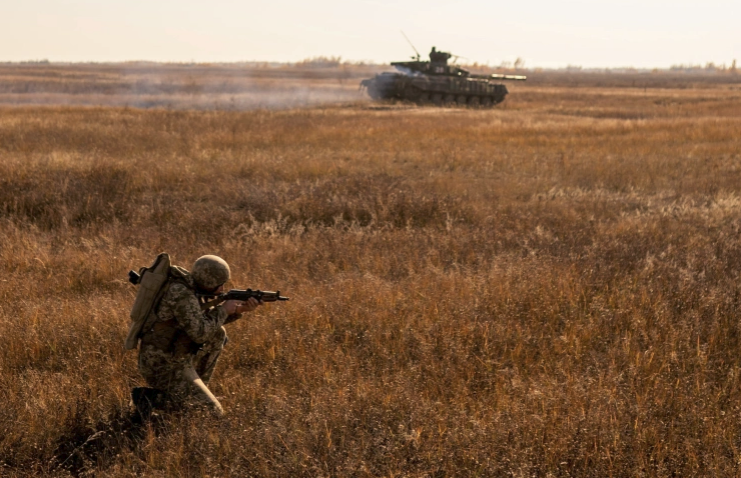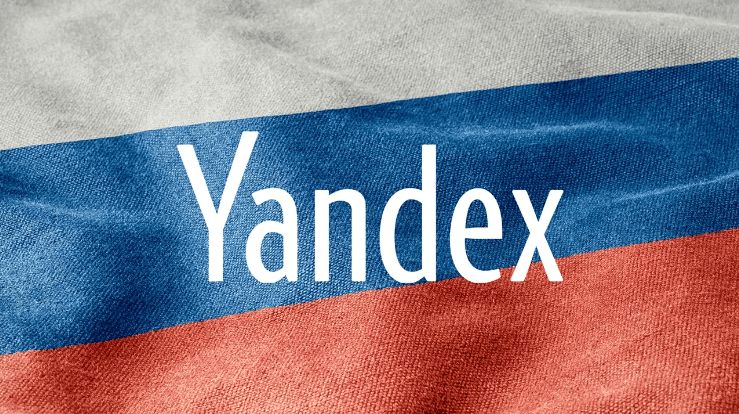As of yesterday, the war in Ukraine, which began on February 24, 2022 with a massive Russian offensive on three fronts, has passed its second year. Ukraine’s physical infrastructure has been destroyed, hundreds of thousands of people have died, more than eight million have been displaced inside the country and at least as many outside. Russia has also suffered serious damage and has been exposed as a paper tiger. It barely suppressed an uprising that threatened its regime and territorial integrity.
America is tired of financing the war. The latest aid package passed the Senate after weeks of negotiations but stalled in the House of Representatives. Even though its leaders and politicians finally agreed on financial aid to keep Ukraine’s state structure afloat and made bilateral agreements for military support, Europe is also tired of war. It doesn’t want Ukraine’s cheap grain that it can’t sell elsewhere, nor does it want to bear the consequences of war, especially the cost of living.
But the war is far from over. Putin’s call for reconciliation in the Carlson interview, his emphasis on the text agreed upon by the two sides at the Istanbul talks in March 2022, was not taken seriously by anyone and did not find an interlocutor. A death that could hardly serve the interests of Russia, and certainly Putin’s interests, has obviously caused the murder to erase the messages of this interview from the minds of the people.
As the war enters its third year, the assessments of the people who set the parameters of Western strategic thinking in outlets like Foreign Policy suggest that the war will continue, or worse, that it must continue. The EU and the US are imposing new sanctions, even though they know they are ineffective, both in honor of the anniversary of the war and in honor of Navalny, the dissident who died in a Siberian prison.
Apparently, the strategy of wearing Russia down in Ukraine is still valid. On the other hand, as many sane and well-informed experts say, Russia has seriously recovered itself and has begun to effectively operate its military-industrial complex. Although it has suffered losses, it is gaining ground. It is possible that this progress will accelerate in the spring, if American military aid does not arrive in time.
Ukraine, on the other hand, is short of troops and supplies, and a wider mobilization would likely create serious political problems. Moreover, there is no sign that Putin will fall from power or that Russia will dissolve like the Soviet Union. Russia sells its oil and gas. Its economy is better than ours and many European countries. If necessary, it can buy its drones from Iran and its ammunition from North Korea.
There is a strong likelihood that the continuation of the war will force others rather than Russia, and may even lead to regime change in Ukraine, Putin’s maximalist demand. However, if desired, a new containment strategy, effective guarantees for Ukraine, perhaps EU membership instead of NATO, aid for the reconstruction of the country, and above all negotiations based on the agreement reached in Istanbul in March 2022, could end the war and bring peace to the region.
As long as it is desirable and America, which ignores the possibility of peace, prioritizes consolidating its gains over increasing them. After all, this war is more between Russia and America than between Ukraine and Russia. And let’s face it, under the current circumstances, it is a war that America is winning, a war in which it is maximizing its power and consolidating its dominance over Europe.
Without the war in Ukraine, neither Finland nor Sweden would have wanted to join NATO, would have sought refuge in the protective deterrent of the United States. It would not have been possible to separate Germany from its energy dependence on Russia and to have its lines through the North Sea closed. Germany would probably not look at the minimization of its lines by its ally with the mentality that it would not be hurt. Nor would it have easily discarded Russia, which is an important market for it.
However, it is not easy to know whether America will be satisfied with this. On the one hand, it is war-weary, on the other, it is at the peak of its strategic appetite. It wants to reorganize the world, beat up Russia and then turn to China. It wants to ensure that Europe does not get out of its control in any way, that it does not do things on its own. With concepts such as “frendshoring” and “de-risking”, the EU is trying to break away from Russia and China as well as itself. With energy pricing and other economic instruments at its disposal, it is trying to disable Europe in the race for economic leadership.
Under these circumstances, I think what Turkey should do is what it has been doing so far: it should continue its efforts to end the war in Ukraine, even if nobody wants it to. But it should also take into account that the war may continue, that the crisis in Europe may deepen, that the pressure to comply with unilateral and non-legally binding sanctions will increase, that it will be forced to choose sides.
On a more macro level, it should take into account that the commercial globalization that gained momentum with the end of the Cold War will come to an end, and that economically and possibly politically autarkic blocs will be established. It should prioritize self-sufficiency not only in military technology but also in agriculture, expanding into different markets in tourism, and seeking other alternatives while maintaining relations with the US, but especially with the EU. In a world that is becoming so unstable, it must increase its military power.
It should once again try to impress others with its military might as well as the precedent it creates and its stance in world politics. As I have always written and said, it must close the democracy gap, address human rights problems, abide by the decisions of the Constitutional Court and the ECHR, and make the rule of law unquestionable. Just as it is trying to get out of the FATF’s gray list, it should also strive to get out of Freedom House’s and other monitoring organizations’ half democracy lists…




